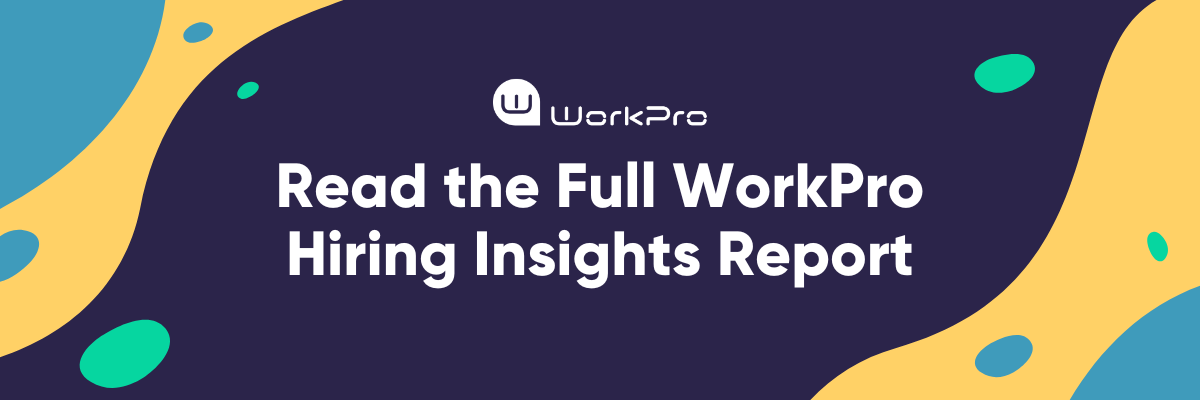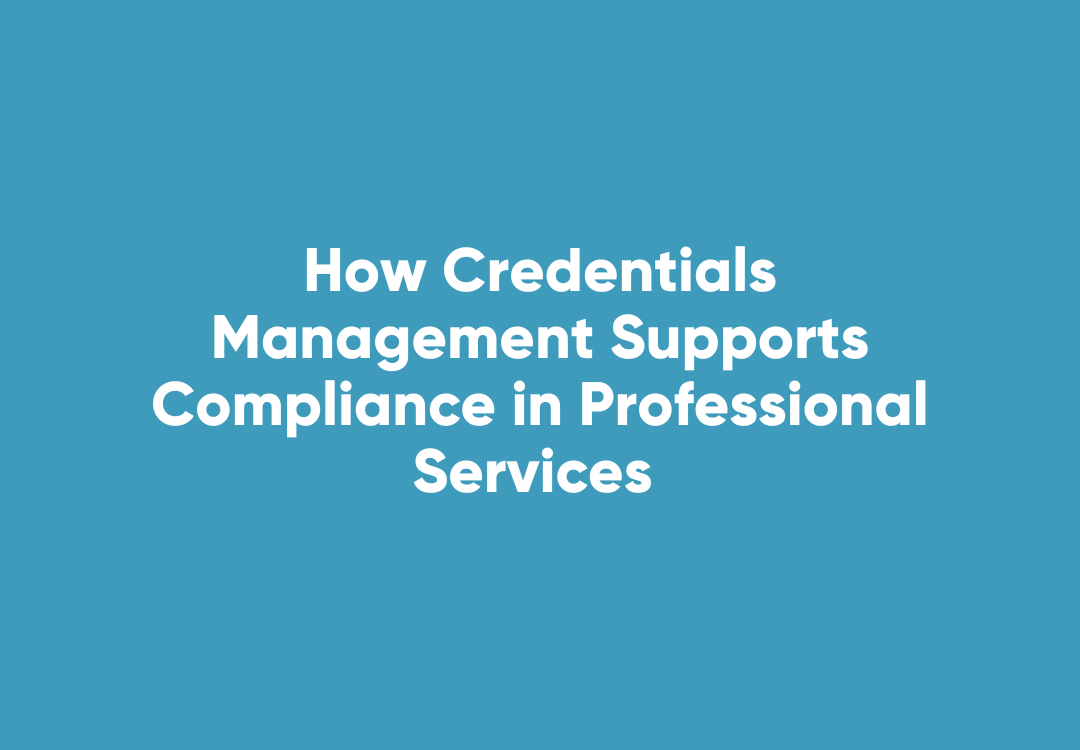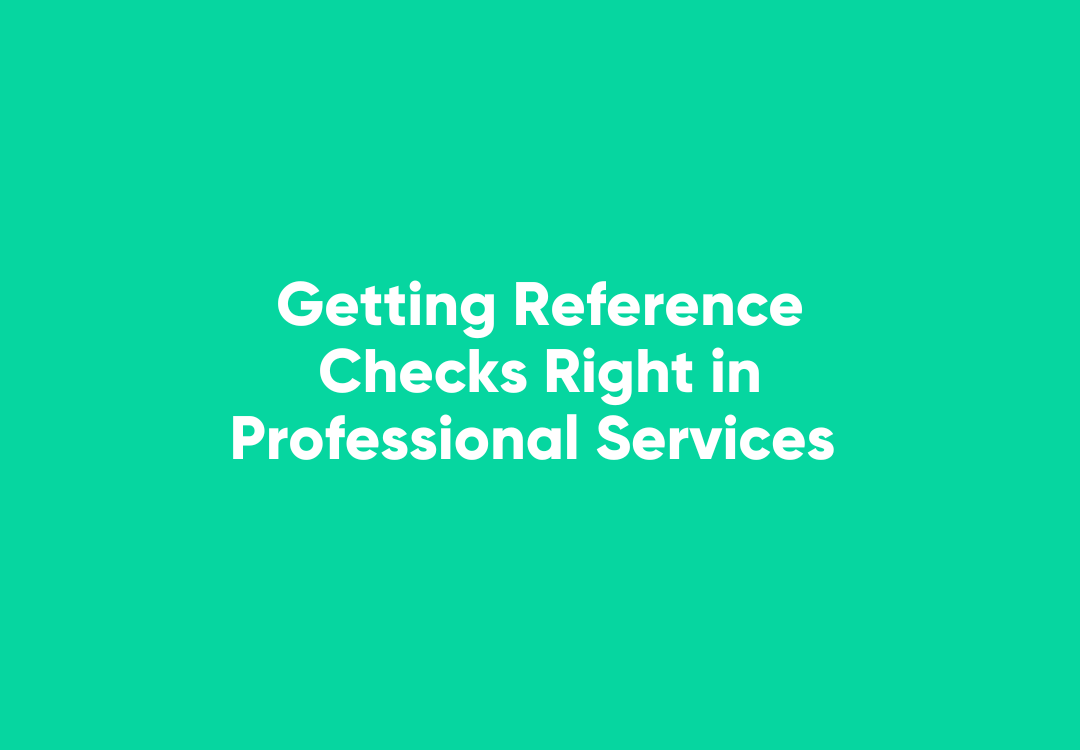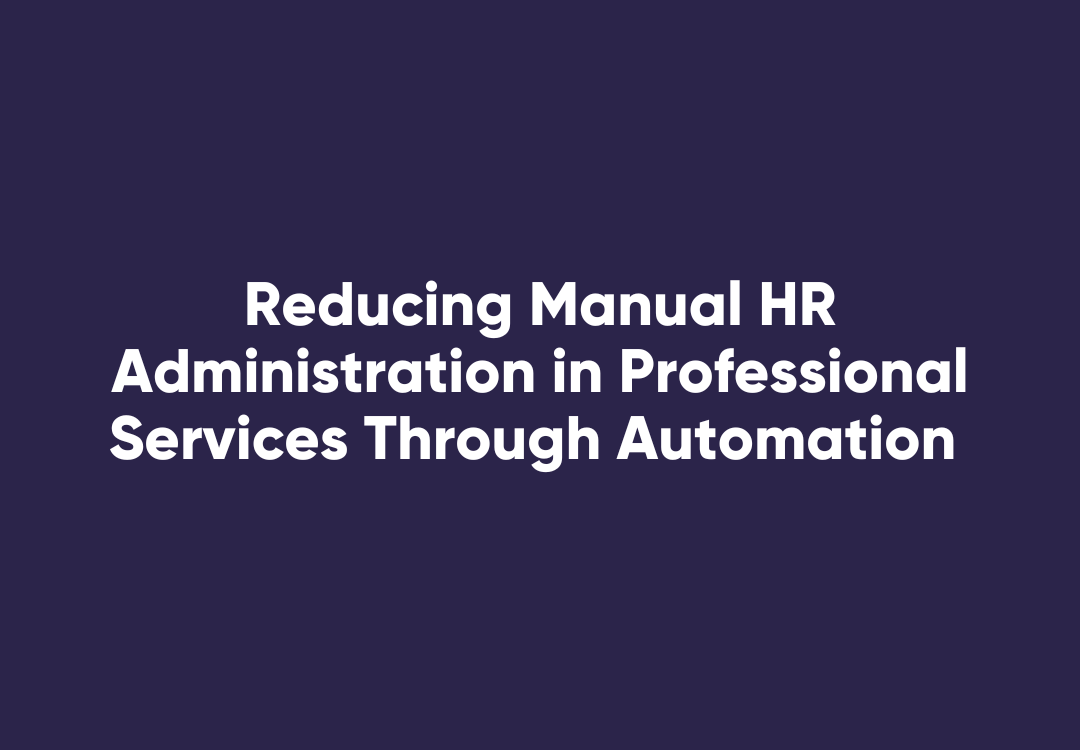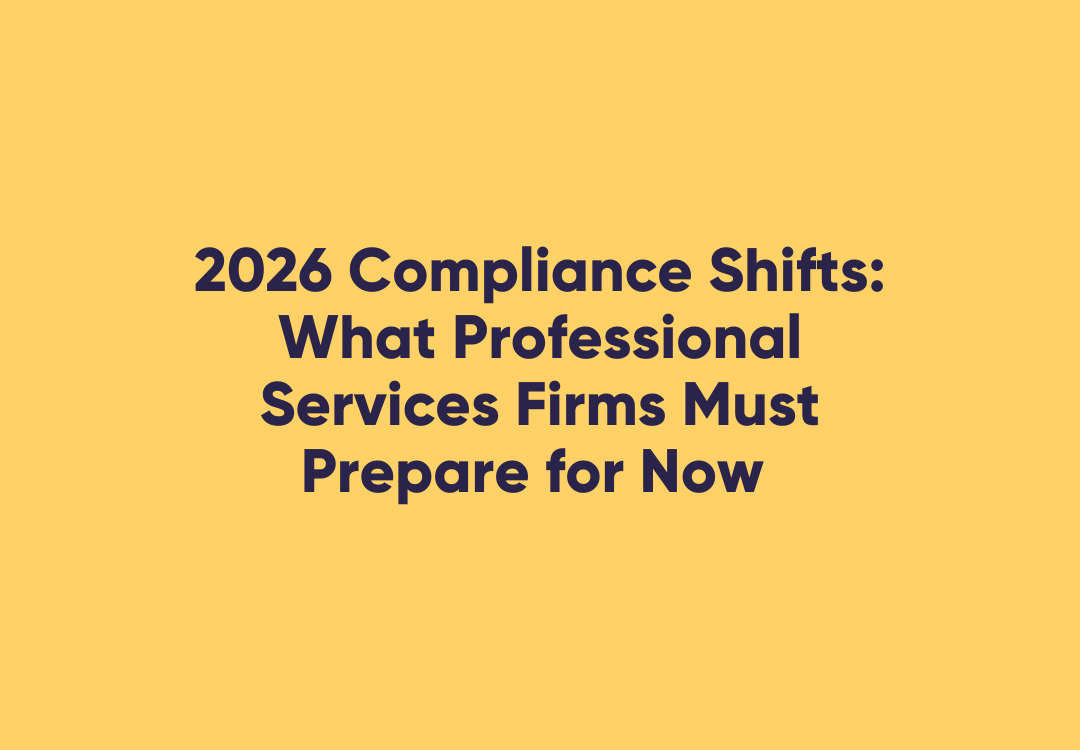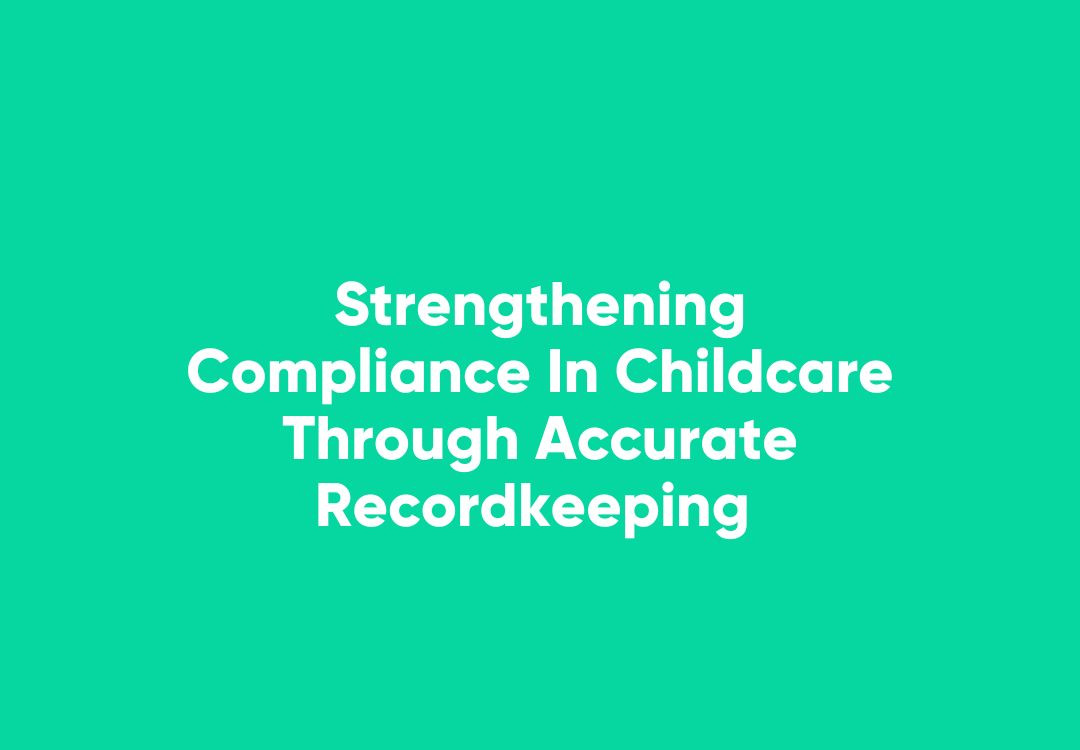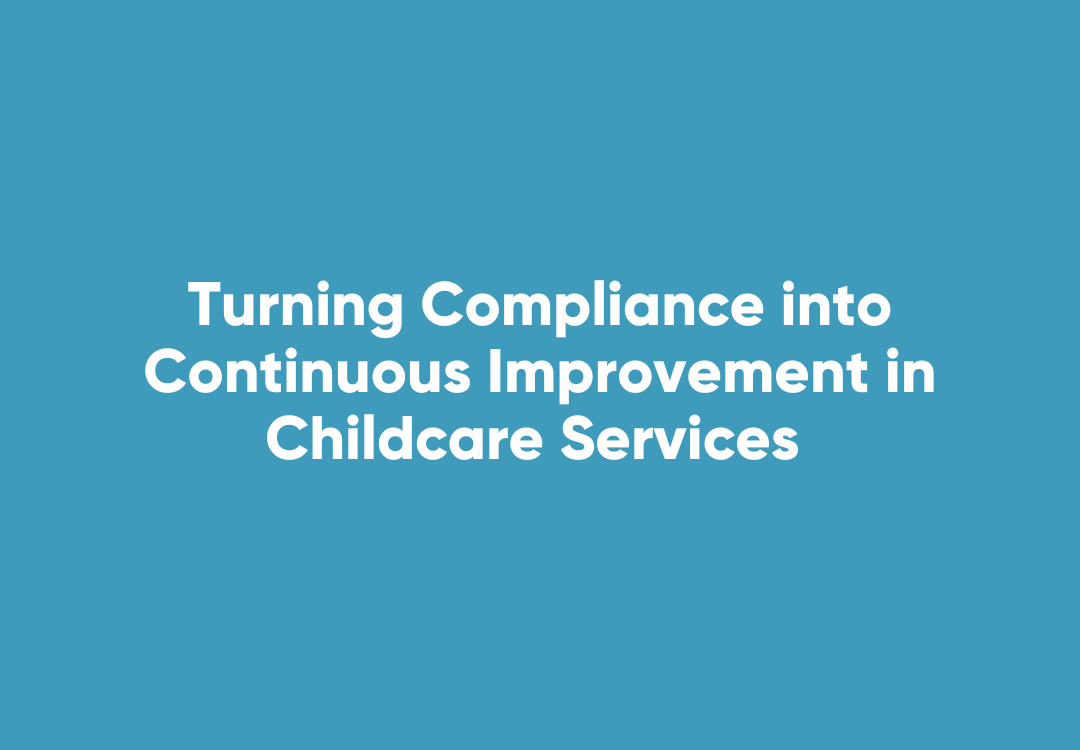Why are Great Candidates hitting a Ceiling in Australia?
What’s Preventing Candidates from Progressing their Careers in Australia?
A finance professional with more than ten years of experience and a master’s degree migrates to Australia expecting a tough but fair job search. She applies for roles that match her skill set, but never hears back. When she lowers her sights and applies for junior roles, she’s told she’s overqualified. Her qualifications haven’t changed. Her experience hasn’t changed. Only the context has.
This story plays out again and again in Australia’s job market. It’s not just about migrants. It’s about anyone who doesn’t fit the conventional, familiar path that hiring teams have come to expect. Despite a national conversation about skills shortages, many capable people are being sidelined due to hiring systems that struggle to recognise their potential.
WorkPro’s recent survey of more than 2,000 job seekers sheds light on the gap between what employers want and how the recruitment process works. It reveals persistent frustrations: no feedback, network-based hiring, and unclear rejection reasons. These comments aren’t isolated. They’re symptoms of deeper flaws in hiring design.
For the full data and detailed breakdown by residency time, experience, and outcomes, download the whitepaper.
Why Is It So Hard to Get a Job in Australia Without Local Experience?
Attaining a job in Australia can be difficult for many candidates, especially migrants, career changers, early career job seekers, or those re-entering the workforce, because of several unspoken hiring practices. A major barrier is the demand for "local experience," a vague term often used to filter out applicants who haven’t worked in Australia, regardless of their actual skills or global experience.
Another key issue is the reliance on informal networks and referrals. Many roles are filled through connections rather than open competition, making it harder for those without established contacts to access opportunities. Additionally, job seekers frequently report receiving little or no feedback from employers, even after interviews. This lack of communication prevents candidates from improving or understanding how they can improve or pivot for future opportunities.
These insights are drawn directly from the WorkPro whitepaper, where you’ll find quantitative comparisons between newly arrived migrants, long-term residents, and Australian-born applicants.
The Most Common Hiring Roadblocks
The data shows clear patterns. More than 44% of Australian-born candidates said they received no feedback after applying for jobs. That number is 32% for long-term migrants. Notably, “lack of local experience” was cited as a barrier by 38% of native Australians, proving the issue is not just about where someone is from, but how “familiar” they appear to hiring teams.
Roughly 30% of respondents, including experienced professionals, said their transferable skills were overlooked. For many, roles they were clearly qualified for remained out of reach simply because they hadn’t performed the exact same job in an identical context.
More insights and full data visualisations are available in our whitepaper.
What Does “Local Experience” Actually Mean?
Employers often cite local experience as a prerequisite, but few define what that means. For some, it might mean prior experience in the Australian market. For others, it’s about communication style, workplace culture, or simply being familiar. The term is vague and inconsistently applied, which makes it hard for candidates to respond or bridge the gap.
This leads to a hiring culture that leans heavily on perception. If a candidate isn’t already seen as part of the system, through past employers, local qualifications, or networks, they are more likely to be ignored, regardless of their actual suitability.
WorkPro’s Role in Building Fairer Hiring
Hiring doesn’t need to be mysterious or network-based. WorkPro helps organisations reduce friction, increase visibility, and make stronger, fairer decisions about talent. Our platform is built for clarity and compliance from day one.
- Comprehensive Candidate Profiles: Employers can view checks, credentials,licences, and training all in one place. There’s no need to rely on shortcuts like local experience when the evidence is right there.
- Tracking and Automated Notifications: Candidates are kept informed of their progress, avoiding the silence that erodes trust and damages employer reputation.
- Bias-Free Screening: WorkPro focuses on what matters; skills, experience, and compliance. There are no subjective filters or preference for familiar backgrounds.
- Seamless Onboarding: Once a decision is made, onboarding is streamlined with automated document collection, eLearning delivery, and licence tracking. The candidate experience stays consistent and professional.
WorkPro enables hiring teams to stop guessing and start seeing.
Rethinking What Hiring Should Look Like
If you’re still relying on informal channels, vague filters, or generic rejections, your hiring system is falling short, for both candidates and your business. Every time a capable person is overlooked due to unseen filters or network gaps, opportunity is lost.
The WorkPro survey shows that people aren’t asking for shortcuts. They’re asking to be considered properly. To know where they stand. To be seen for what they bring, not just where they’ve been.
The next hire you need might already be applying. The only question is: will your hiring system allow them to be seen?





